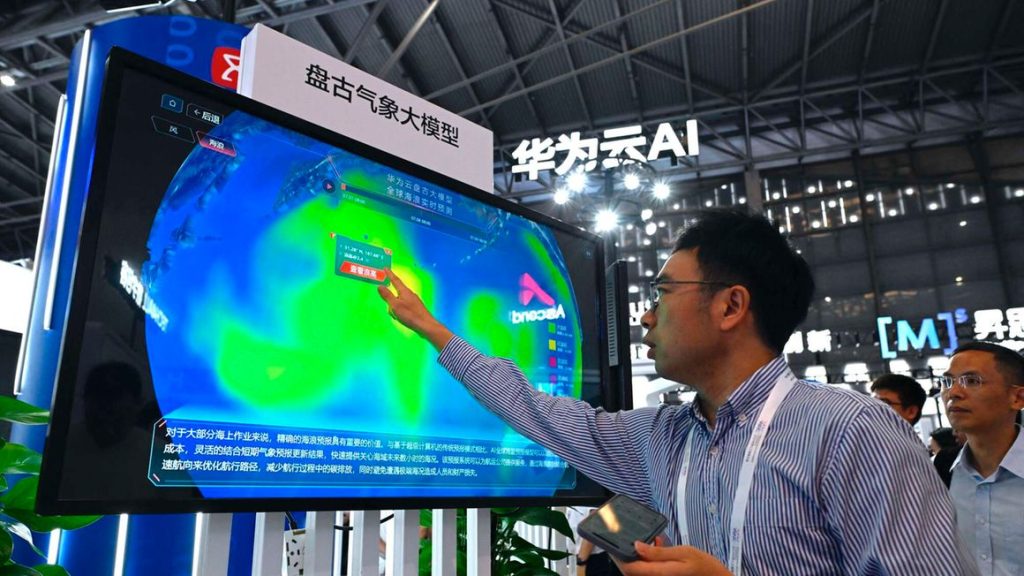In September, an AI tool called Flood Hub accurately predicted floods in South Africa’s Western Cape. This app, developed at Google’s Africa research center in Ghana, is designed to provide advanced flood warnings. It currently covers 23 African countries, along with numerous others globally.
“Users can zoom in on specific locations to monitor water levels and assess flood risks,” explained Florence Ofori, a researcher at the center. “Partner organizations like the Red Cross and GiveDirectly help spread this vital information. Push notifications are also sent to residents in flood-prone areas based on AI-generated predictions.”
Another AI project, the Open Buildings Dataset, uses machine learning and satellite imagery to detect buildings, addressing the lack of building data in many African nations. Launched in Ghana in 2021, the project has already captured data on 60% of African buildings, providing insights for urban planning, infrastructure management, and disaster response.
“This initiative supports population census planning, economic mapping, public health, and disaster management,” explained Abigail Anka, a research software engineer. “It aids organizations like the UN by automating building damage assessments and supporting disaster response efforts.”
Despite being relatively new, AI is rapidly expanding, with significant potential to solve various problems, according to Yossi Matias, Google’s Vice President of Engineering and Research. Speaking during a media tour of the Accra AI research center, Matias highlighted how AI is being utilized to address issues like weather forecasting, food security, and healthcare across Africa.
Google established its AI center in Ghana to create technologies that help tackle the continent’s unique challenges. One of the key areas of focus is addressing hunger and food insecurity. The AI team is developing tools to improve weather forecasting, agricultural practices, and crop management. In Nairobi, another AI project is monitoring regions at risk of food shortages by tracking hunger crises.
Africa’s inadequate weather forecasting capabilities are a major challenge. The continent has only 37 weather stations, limiting its ability to generate accurate predictions. To overcome this, the Ghana AI center combines global data from NASA and the European Weather Agency to produce more accurate forecasts. This approach has already outperformed traditional forecasting methods, showing promise in AI-powered meteorology.
However, data shortages remain a significant hurdle for AI technologies in Africa. The success of these initiatives depends heavily on the quality and representativeness of training data that reflects the continent’s diverse populations. Other challenges include a lack of technical skills, structured data ecosystems, government policies, and ethical concerns.
To encourage the adoption of AI technologies, experts believe that stakeholders, particularly governments, need to improve their understanding of AI and its potential impact on the continent.























